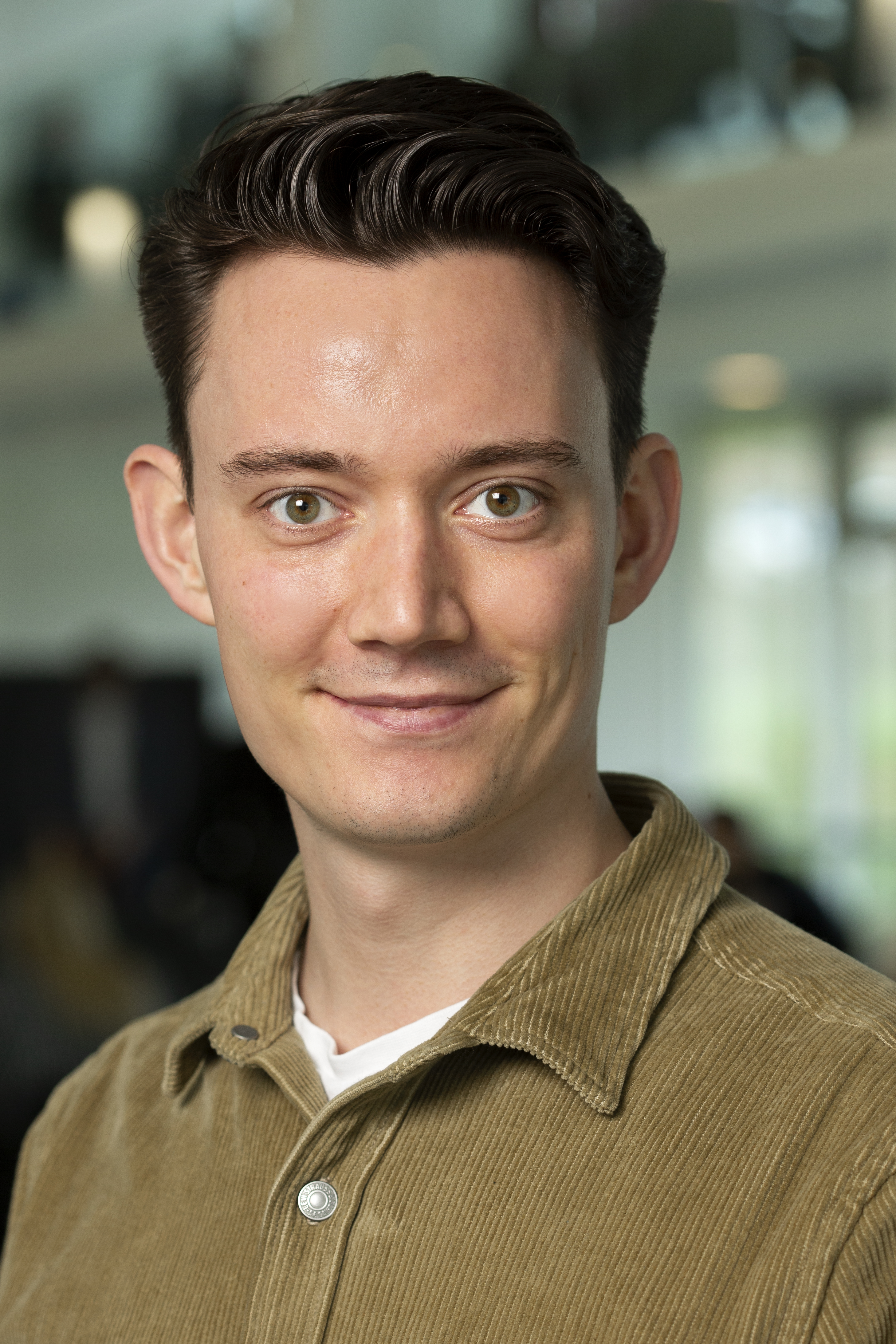Honestly hungry: Acute hunger does not increase unethical economic behaviour
IMC Tuesday Seminar: Talk by Christian Truelsen Elbæk, Department of Management, Aarhus University
Info about event
Time
Location
IMC meeting room, Jens Chr. Skous Vej 4, building 1483, room 312 and online (https://aarhusuniversity.zoom.us/my/imcevents)

Abstract
Acute hunger leads to self-protective behaviour, where people keep resources to themselves. However, little is known about whether acute hunger influences individuals’ inclination to engage in unethical behaviour for direct monetary gains. Motivated by this, I will present a Registered Report, which investigates how acute physiological hunger influences cheating for monetary gains. In this project, integrating research on scarcity into the study of unethical economic behaviour, we predicted that acute hunger increases cheating for monetary gains and further that this effect is moderated by childhood socioeconomic status, trait self-control, and moral identity. We tested these predictions in a well-powered laboratory experiment where we manipulated acute physiological hunger as indexed by blood glucose levels and obtained a validated behavioural measure of cheating for direct monetary gains. Contrary to our predictions, our results show that acute physiological hunger as indexed by blood glucose levels does not increase (or decrease) the propensity to engage in unethical economic behaviour and that neither childhood socioeconomic status nor trait self-control or moral identity moderate this relationship. We argue that these findings advance scientific understanding of whether experiences of scarcity shape moral judgment and decision-making.
Bio
Christian T. Elbaek is a PhD Fellow at the Department of Management at Aarhus University, Denmark. Christian’s research focuses on how individual experiences of resource scarcity affect human judgment and decision-making, with a specific focus on moral behaviors. His research spans a wide range of disciplines from social and moral psychology to behavioral economics and consumer behavior, with special interests on unethical behavior, cooperation and behavioral incentive mechanisms.
